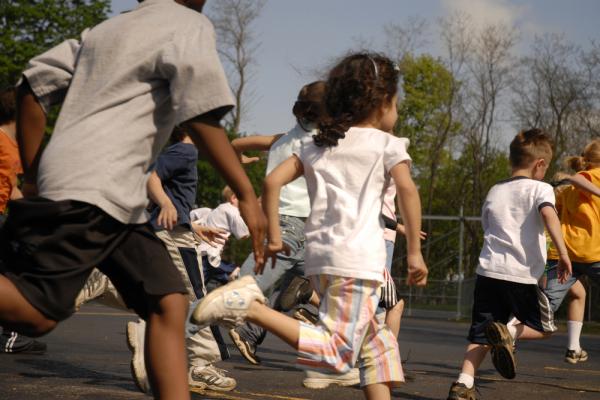Aug 17, 2016
For the nation’s 50 million public school students, another school year is about to begin. Are they ready? Even if they get new backpacks, notebooks, and pencils, most of our students are not prepared to do the schoolwork expected of them.
Two out of three American eighth graders can neither read nor do math at grade level. Schools serving low-income communities perform particularly poorly on a whole range of measurable outcomes including language, reading, and mathematics — critical skills for performing well and succeeding in society.
Read the Full Article

Already a subscriber? Login
